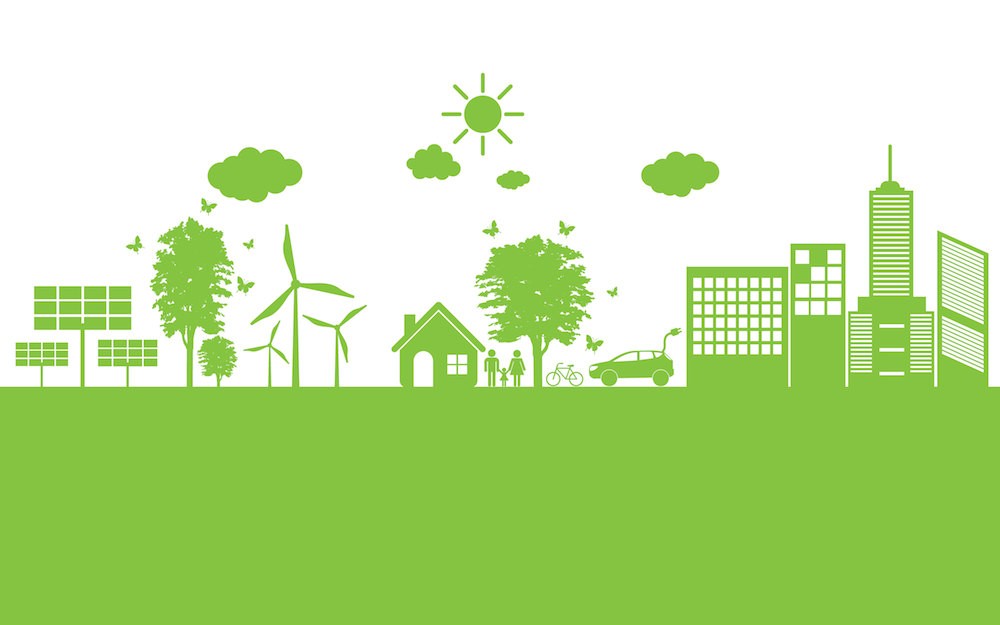Truck Loading Technology Saving Our Environment
We know that in order to receive our food, products, and for the equipment used for our home and offices, trucks are a necessity on our roads. It is true no one likes being stuck behind one, but we need them in order to continue with our day to day routines. The carbons that these truck let off is quite substantial when you add up the number of trucks on the road, and there a companies working on solutions to reduce the carbons trucks release.
Loadscan, a global supplier of Volume Load Scanners for trucks has been operating out of New Zealand supplying numerous dump truck and other trucking companies that ship raw materials. Mobile load scan technology is currently helping to reduce the number of trucks on the roads by making sure load weights are deadly accurate.
The problem in the past was that manual loading scales have meant incorrect load weights have been loaded onto the trucks. This has resulted in many of these trucks either moving with too much cargo onboard thus weighing down the truck and burning more fuel as well as redeliveries for loads that were underweight.
However, thanks to the what is known as an LVS (Load Volume Scanner) or (Volume Load Scanner), trucking businesses that are using this tool reduce the number of times their vehicles run over the course of the year.
Load scan devices take a 3D image of the materials that have been loaded onto a truck. It uses scanning technology to retrieve the 3D volumetric size and weight of the materials. Results are instantaneous, so there is no waiting time for the truck driver or foreman onsite responsible for the accurate delivery of the cargo.
According to Loadscan, the Load Volume Scanner has an accuracy rate that is either -1% or +1% off on occasion. Now, this is a remarkably accurate measurement and leaves very little room for error. Therefore, if the load is underweight, immediately the truck can be topped up and scanned again. Scanning is quick, so truckers can rescan within seconds - unlike traditional truckload scales whereby the truck would need to be unloaded and the load remeasured’ a process that could potentially take hours.
With the loads being so accurate, there is no need for redelivery of materials because undersupply is not an issue. This solves a huge issue with the release of carbon emissions because of the elimination of additional journeys made by trucks because the original truckload was underweight means that the trucking company’s trucks are in action far less than before.
If you are an environmental officer, work within the supply chain industry, or if you have connections/influence over businesses that are using trucks to ship raw materials, then speak to them about using Load Volume Scanner systems. By adopting this system, they will be able to reduce their company’s carbon footprint and the company’s overall productivity.
The system is lightweight, easy to use, and it requires very little calibration. With loading being made super fast with this device, the trucking company will also speed up their delivery times by cutting out the time needed to use manual truck loading methods.



0 Comments
Recommended Comments
There are no comments to display.